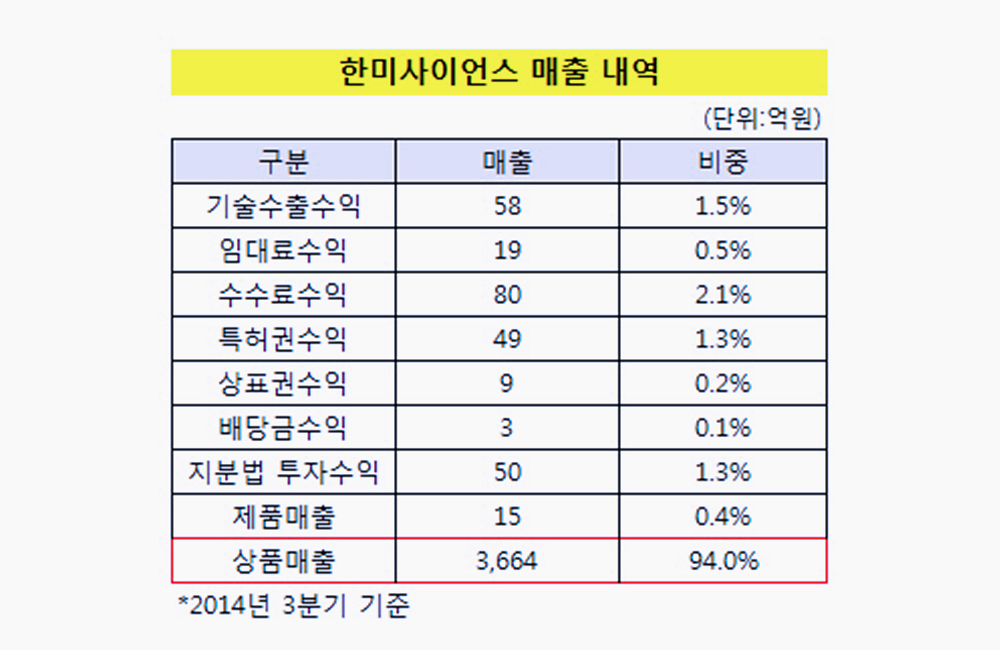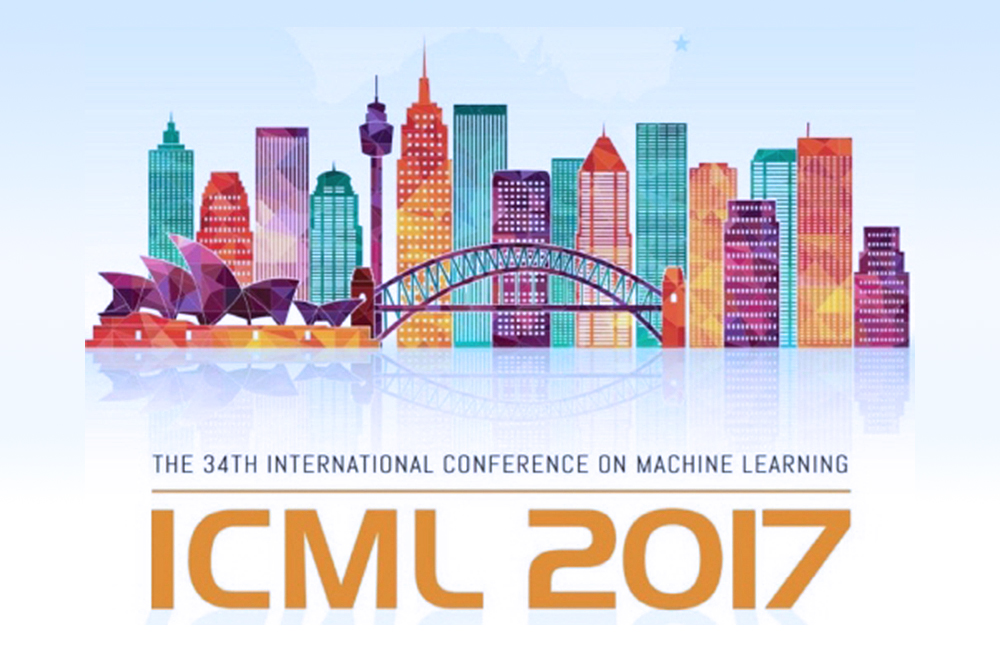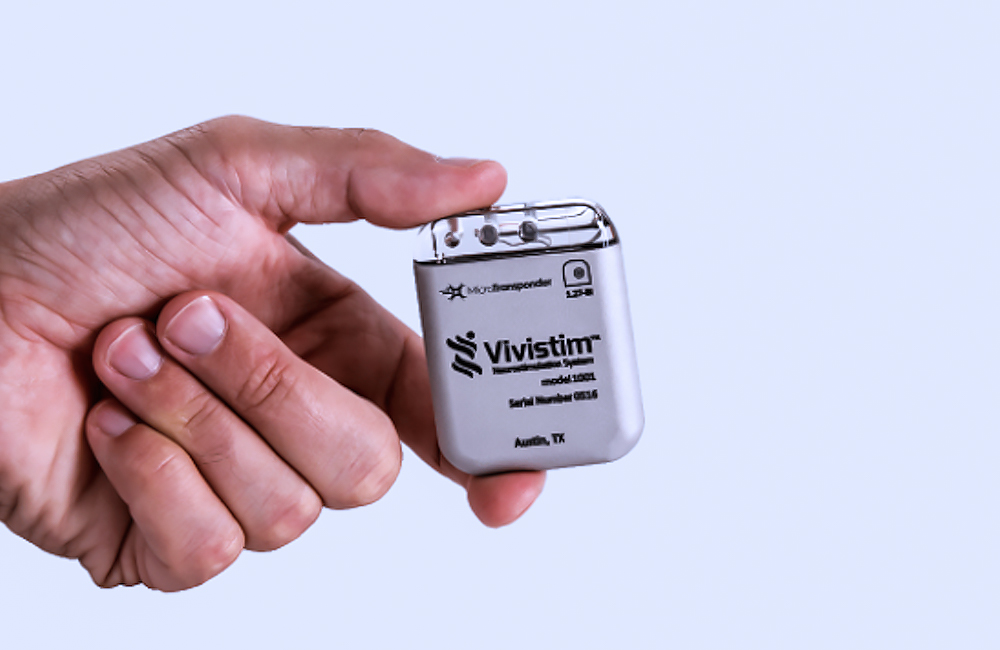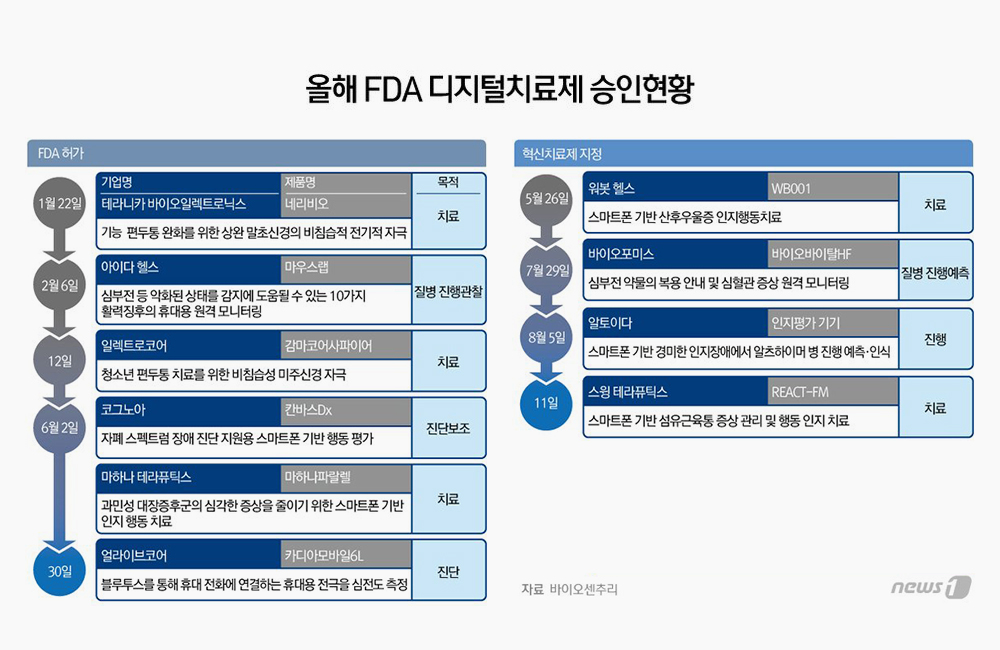Recently, AI technologies like ChatGPT have garnered an overwhelming level of media and industry attention. However, it is essential to recognize that while these technologies hold tremendous promise, they also have limitations and require a pragmatic, balanced approach. Particularly, we should be careful not to equate these AI systems to human experts in the healthcare industry. And while the industry, government and others weigh the pros and cons of AI adoption, there are data-rich, non-AI technologies in use today that have been helping clinicians at the point of care for many years.
The Hype Around ChatGPT
ChatGPT might have demonstrated an ability to pass (or fail) a multiple-choice medical board exam, but it's vital to understand that this is more infotainment than a practical application in the healthcare setting. This aptitude does not translate directly into real-world clinical acumen or decision-making.
The Road Ahead For ChatGPT and Similar Technologies
While ChatGPT and other large language models (LLMs) present great potential, they have inherent flaws and require further fine-tuning. For instance, it is crucial to engage in continuous model training to minimize cognitive biases. These AI systems also lack the depth and breadth of knowledge possessed by trained human experts.
One of the significant concerns with AI in healthcare is the "black box" dilemma. The system generates outputs but fails to provide transparent reasoning or logic behind them. In the medical field, understanding the rationale behind decisions is paramount. The exuberance around AI should not make us believe prematurely that we can simply replicate a physician’s training, thought process, or reasoning with a computer.
Near-Term Practical AI Applications In Healthcare
However, there are practical AI applications emerging that could have near-term benefits in healthcare. For instance, Natural Language Processing (NLP) can help extract and structure data from clinical notes, improving information accessibility and quality.
Transformer models, a "type of neural network that learns context and meaning by tracking relationships in sequential data," can also play a significant role. These models can analyze large sets of medical data and draw correlations that can be invaluable for diagnosis and treatment.
The Need For Clinical Grade Intelligence
Yet, the limitations of AI, such as the aforementioned "black box" problem, make these systems unsuitable for clinical decision-making. As a comparison, consider the rise of self-driving cars. Years ago, they were predicted to rapidly become the standard, but safety concerns and issues surrounding their reliability have delayed wide-scale adoption. Similarly, if a machine-generated diagnosis results in harm to patients, it would no doubt spur a severe backlash of skepticism in the medical community––and beyond.
What clinicians need at the point of care is clinical-grade intelligence. There are technologies available today that meet this criterion, often developed in collaboration with physicians. Many have decades-long track records and have proven to be safe and reliable solutions that are not purely based on algorithms, but instead heavily informed by the input of medical experts.
One of the defining features of clinical-grade solutions is that they can demonstrate the reasoning behind a diagnosis, contrasting the "black box" nature of generic AI systems. These solutions are not designed to replace physicians but to complement them. They are tailored to mirror the way physicians work and think, which is in stark contrast to generative AI systems that are trying to take over decision-making.
It is critical that healthcare professionals and hospital executives maintain a measured approach toward AI in healthcare. While technologies like ChatGPT have shown promise, it is important to recognize their limitations and not lose sight of the reliable, clinically proven tools that today can enhance patient care. Collaboration between AI developers and medical experts is vital in moving towards solutions that not only leverage AI, but also uphold the values and standards of the medical profession.









